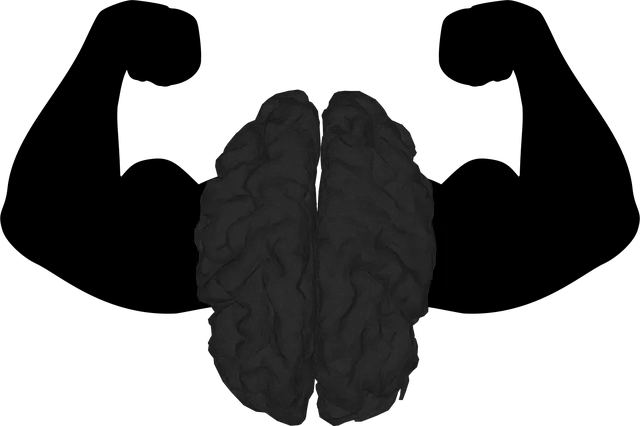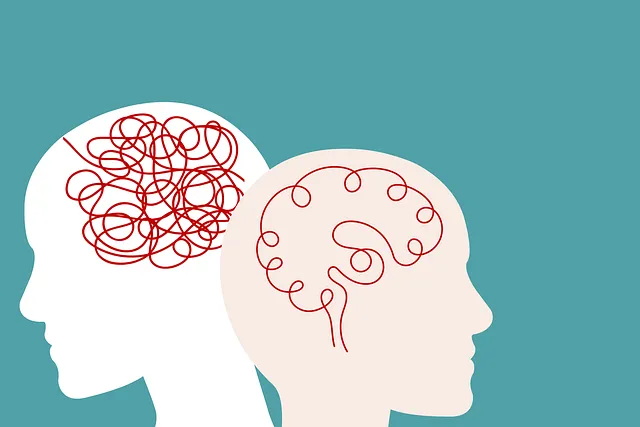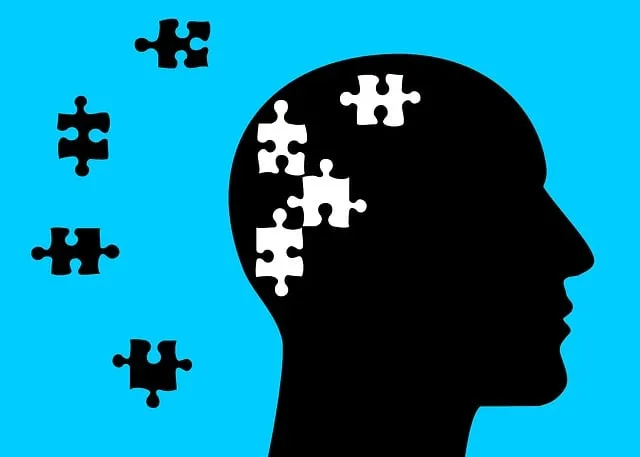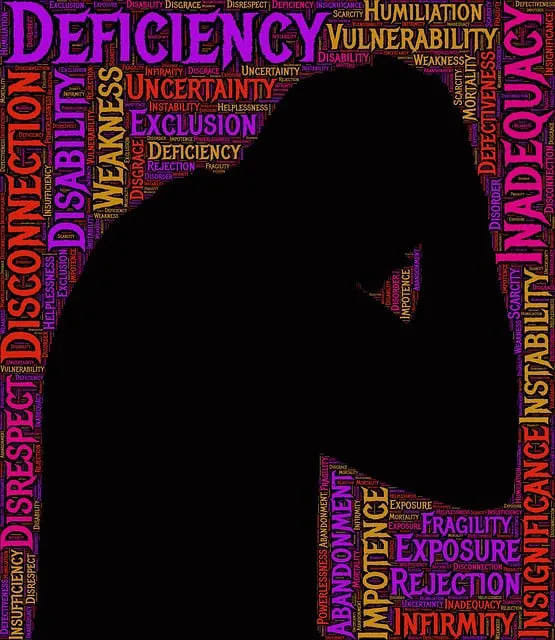Kaiser Permanente behavioral health center Lone Tree is a leading provider of holistic mental wellness programs, reducing stigma through education and community support. They utilize assessment tools like structured interviews and self-report questionnaires to evaluate client needs, tailoring personalized treatment plans. Evaluation methods combine quantitative data (pre-post comparisons) with qualitative feedback from clients, healthcare professionals, and community members to enhance program effectiveness. Stakeholder involvement, including Compassion Cultivation Practices and Mindfulness Meditation, promotes open communication and tailored interventions. Continuous improvement strategies focus on Inner Strength Development and stigma reduction, ensuring relevant and impactful services for the community.
Evaluating mental wellness programs is paramount for organizations like Kaiser Permanente’s behavioral health center in Lone Tree. This article explores a comprehensive evaluation framework, delving into key methods and strategies to assess the impact of mental wellness initiatives at this leading healthcare provider.
From understanding the unique needs of the Lone Tree community to measuring program effectiveness and fostering continuous improvement, we provide insights on leveraging assessment tools, stakeholder involvement, and data-driven approaches to optimize mental health services.
- Understanding Mental Wellness Programs at Kaiser Permanente Lone Tree
- Assessment Tools for Behavioral Health Centers
- Measuring Program Impact and Effectiveness
- Stakeholder Involvement in Evaluation Processes
- Continuous Improvement Strategies Post-Evaluation
Understanding Mental Wellness Programs at Kaiser Permanente Lone Tree

At Kaiser Permanente Lone Tree, our commitment to mental wellness is evident through comprehensive programs designed to support members’ emotional well-being. As a leading behavioral health center in the region, we offer a wide array of services aimed at addressing various aspects of mental health, from therapy sessions and counseling to innovative programs focused on self-care routine development for better mental health. Our dedicated team of healthcare professionals is passionate about fostering an environment where individuals can learn effective coping strategies and cultivate healthy self-care practices, ultimately reducing the stigma associated with mental illness.
Through various initiatives, Kaiser Permanente Lone Tree actively engages in mental illness stigma reduction efforts. We recognize that promoting open conversations and educating our community about mental health are pivotal steps towards creating a supportive ecosystem. By integrating Self-Care Routine Development for Better Mental Health into our programming, we empower members to take charge of their well-being, enabling them to navigate life’s challenges with resilience and enhanced coping mechanisms.
Assessment Tools for Behavioral Health Centers

Assessment tools play a pivotal role in evaluating mental wellness programs at behavioral health centers like the Kaiser Permanente Lone Tree center. These tools are designed to capture the multifaceted nature of an individual’s mental health, encompassing not just symptoms but also functioning and overall well-being. One such effective method is the use of structured clinical interviews, which allow trained professionals to assess specific disorders and severity levels through standardized questions.
Additionally, behavioral health centers often employ self-report questionnaires tailored to measure areas like Self-Awareness Exercises, Mind Over Matter Principles, and Coping Skills Development. These assessments provide valuable insights into clients’ perceptions of their progress and ability to manage stress and emotions. By combining clinical interviews and self-assessments, Kaiser Permanente Lone Tree can gain a comprehensive view of individual needs, ensuring personalized treatment plans that effectively target mental health concerns.
Measuring Program Impact and Effectiveness
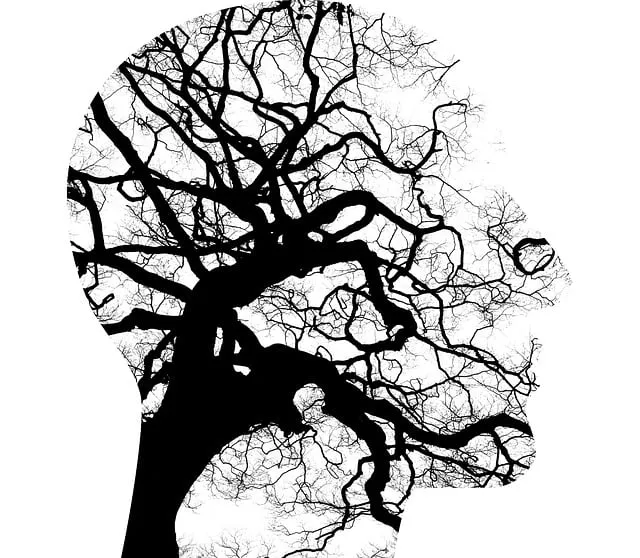
Evaluating the impact and effectiveness of mental wellness programs is a crucial step in understanding their success and identifying areas for improvement, especially at centers like the Kaiser Permanente behavioral health center Lone Tree. This process involves assessing various outcomes, such as changes in symptoms, improved coping strategies, and reduced stigma around mental illness. One effective method is through pre-post program assessments, where participants’ mental health status is evaluated before and after their involvement. By comparing these results, researchers can measure the program’s impact on specific mental health indicators.
Furthermore, qualitative feedback from participants through surveys or interviews provides valuable insights into their experiences and perceived benefits. This data can highlight the program’s strengths and areas that resonate strongly with the target audience, such as effective Burnout Prevention strategies or Stress Management Workshops offered by the organization. By combining quantitative and qualitative methods, mental wellness programs like those at Kaiser Permanente Lone Tree can gain a comprehensive understanding of their effectiveness and make data-driven adjustments to better serve individuals struggling with Mental Illness Stigma Reduction Efforts.
Stakeholder Involvement in Evaluation Processes

Effective evaluation of mental wellness programs requires stakeholder involvement from various sectors. At a Kaiser Permanente behavioral health center in Lone Tree, for instance, a holistic approach to program assessment involves engaging with clients, healthcare professionals, and community members. This collaborative process ensures that evaluations are comprehensive, capturing both quantitative data through surveys and qualitative insights from interviews and focus groups.
Incorporating Compassion Cultivation Practices, Confidence Boosting techniques, and Mindfulness Meditation into evaluation methods can provide deeper understanding of program impact. Such practices foster open communication, allowing stakeholders to share their experiences and perspectives honestly. This collective knowledge is invaluable for refining mental wellness programs, ensuring they remain responsive to the evolving needs of the community they serve.
Continuous Improvement Strategies Post-Evaluation

After conducting an evaluation of a mental wellness program at the Kaiser Permanente behavioral health center in Lone Tree, implementing continuous improvement strategies is crucial for sustaining and enhancing program effectiveness. This process involves utilizing the insights gained from the evaluation data to make informed decisions about program adjustments. One key strategy is integrating feedback from participants and stakeholders to refine interventions and tailor them to specific needs.
At the Kaiser Permanente behavioral health center, focusing on Inner Strength Development and Mental Illness Stigma Reduction Efforts can be a powerful approach. Encouraging self-awareness exercises and peer support groups can foster a sense of community, reduce isolation, and promote positive mental health outcomes. By continuously evaluating and adapting these strategies, the program can better serve its population, ensuring that services remain relevant, accessible, and impactful for those seeking support at the Lone Tree center.
Evaluating mental wellness programs is essential for understanding their impact on individuals and organizations, such as Kaiser Permanente’s Lone Tree behavioral health center. By employing robust assessment tools and stakeholder involvement, these evaluations enable continuous improvement strategies that enhance program effectiveness. For Kaiser Permanente Lone Tree, this process not only improves patient outcomes but also ensures the center remains a leader in mental wellness care within its community. Utilizing evidence-based measurement methods allows for data-driven decisions, ensuring resources are allocated efficiently to address evolving needs.
